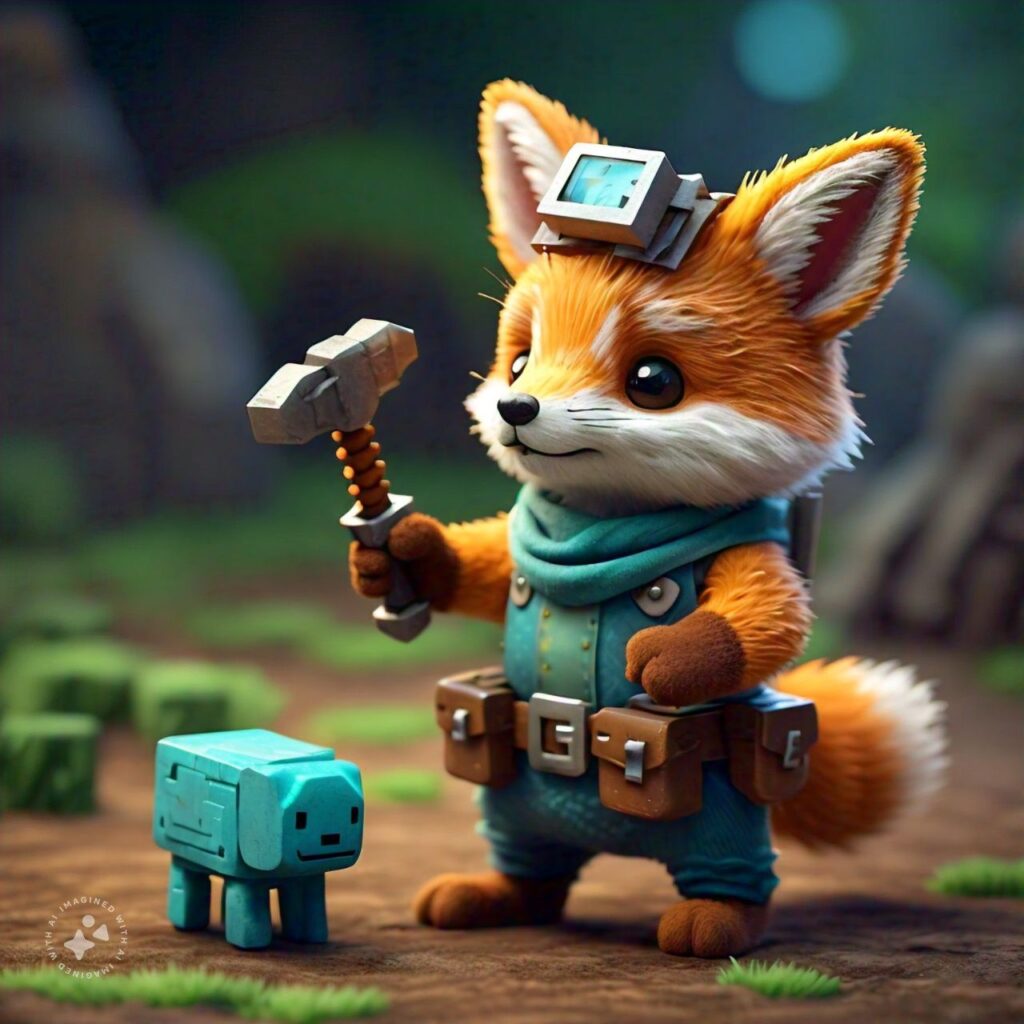Raising a newbie, whether it’s for a game, a job, or learning a new skill, is much like nurturing a plant until it can stand strong on its own. This process requires patience, strategic guidance, and a touch of tough love. In this guide, we’ll dive into the key strategies for helping a novice develop from a beginner into a seasoned individual who’s unafraid of the grind. Let’s explore the practical steps you can take to raise a newbie to grind them effectively.

The Importance of Raising a Newbie to Grind Them
Raising a newbie to grind them is about building resilience and consistency. The term “grind” is often associated with repetitive tasks, essential for achieving long-term mastery and success. Whether it’s leveling up in a game, growing in a job, or perfecting a skill, the grind process is where transformation happens. Through this “grind,” potential is polished into skill, and a beginner gradually becomes proficient.
Understanding the Newbie Mindset
Embracing Both Enthusiasm and Fear
A newbie often starts with enthusiasm and excitement. However, the reality of the grind can dampen this initial excitement as they encounter challenges. Newbies may experience frustration and self-doubt, but understanding this mindset is key to guiding them effectively. Addressing their fears and keeping them motivated through these initial hurdles is the first step in helping them thrive in the grind.
Setting Clear Expectations from the Start
Clear expectations are fundamental when raising a newbie to grind them. From day one, define achievable goals and realistic timelines. By setting these expectations early, you help them understand that the grind is more than just hard work—it’s about strategic, focused effort over time. This foundation allows them to pace themselves and maintain motivation, even when progress appears slow.

Providing Essential Tools for Success
Equipping with the Right Resources
To grind effectively, newbies need the right tools. This might mean providing access to software, high-quality equipment, or reliable learning materials. Access to resources is crucial, as 50% of beginners cite the lack of tools as a significant obstacle. Investing in these essentials can make the grind smoother, increasing the newbie’s confidence and ability to progress.
Building a Strong Foundation with Core Skills
Raising a newbie to grind them requires building a strong foundation of skills. Before diving into advanced tasks, it’s crucial to master the basics. A solid foundation enables them to approach future challenges with confidence. Beginners who take the time to understand core concepts will be better equipped for growth, making their journey through the grind more manageable and productive.
Encouraging Consistency in Practice
Consistency is the backbone of the grind. Through regular practice, a newbie develops not only skill but also confidence. Establishing a routine can help them stay on track and make steady progress. By encouraging consistent, manageable practice sessions, you’re setting them up for mastery without overwhelming them.
Fostering a Growth Mindset
A growth mindset—the belief that abilities can be developed through dedication—is essential when raising a newbie to grind them. Newbies who embrace challenges as learning opportunities are more likely to stay resilient in the face of setbacks. Encourage this mindset by helping them view failures as stepping stones rather than barriers, creating a positive cycle of perseverance and improvement.

Balancing Guidance with Independence
While guidance is vital, allowing a newbie to develop independence is equally important. Finding the balance between support and independence ensures they learn problem-solving skills while feeling supported. Give them space to try, fail, and learn, stepping in only when necessary. This approach builds self-reliance and confidence, key traits for anyone undergoing a grind.
Creating a Supportive Environment for Growth
Building a Community
A supportive environment, including peers and mentors, plays a huge role in raising a newbie to grind them. Community support helps maintain motivation, provides encouragement, and offers feedback when needed. Newbies surrounded by like-minded individuals are 85% more likely to stay motivated, making a collaborative environment essential to their journey.
Tracking Progress for Long-Term Motivation
Tracking progress helps the newbie stay motivated and enables you to spot areas needing additional support. Regularly reviewing milestones allows them to appreciate their growth, reinforcing their commitment to the grind. Use benchmarks and tools to measure improvement over time, making sure to celebrate their achievements, no matter how small, to keep spirits high.

Celebrating Milestones Along the Way
Recognizing milestones is critical in raising a newbie to grind them. Celebrating achievements—even minor ones—validates their effort and reinforces motivation. Positive reinforcement like verbal praise, rewards, or acknowledgments keeps them engaged in the process, helping them stay focused on their ultimate goals.
Addressing Burnout in Newbies
Burnout is a common issue in any grind, and it’s essential to recognize its signs early. Burnout can manifest as fatigue, frustration, or loss of interest. To prevent this, encourage regular breaks, introduce variety in tasks, and remind them of the importance of work-life balance. Prioritizing well-being ensures they can maintain the stamina needed for long-term success.
Advanced Techniques for Experienced Newbies
Introducing Incremental Challenges
As newbies grow, it’s time to introduce advanced techniques to push them further. Gradually increase the difficulty of tasks and introduce creative problem-solving challenges. However, avoid overwhelming them by taking small steps that keep the process engaging and manageable, allowing them to expand their skills without losing motivation.
Maintaining Long-Term Motivation
Long-term motivation can be challenging to maintain, especially as the grind intensifies. Helping the newbie keep the end goal in sight can make all the difference. Regular reminders of why they started and visualizing their progress can rekindle their initial enthusiasm, reinforcing their commitment to the journey.

FAQs
What does it mean to “raise a newbie to grind them”?
This phrase refers to guiding a beginner through the process of hard work and consistency to develop resilience, skill, and independence.
How can I keep a newbie motivated during the grind?
Motivation can be maintained by setting achievable goals, celebrating milestones, providing encouragement, and connecting them with supportive communities.
What are common challenges newbies face during the grind?
Common challenges include frustration with repetitive tasks, slow progress, and self-doubt. Addressing these early can help them stay focused.
How can I help a newbie prevent burnout?
Prevent burnout by encouraging breaks, adding variety to tasks, and supporting a healthy work-life balance.
What tools are essential for a newbie to succeed?
Tools will vary by task but typically include quality equipment, educational resources, and access to a community for support.
How can I foster a growth mindset in a newbie?
Encourage them to view challenges as learning opportunities, embrace setbacks as part of the process, and celebrate progress along the way.
Why is consistency important in the grind?
Consistency builds confidence and reinforces skill, allowing the newbie to make steady progress over time.
How do I balance guidance and independence?
Provide just enough support to guide them, while giving them space to learn independently and develop self-reliance.
Why is tracking progress crucial for a newbie?
Tracking progress helps the newbie see their improvement, stay motivated, and pinpoint areas needing more focus.
What advanced techniques can be introduced to a newbie ready for greater challenges?
Increase task complexity gradually, introduce creative problem-solving tasks, and encourage them to take on challenges outside their comfort zone.
Conclusion
Raising a newbie to grind them is a rewarding journey that leads to incredible growth and development. By setting clear expectations, fostering a growth mindset, and providing consistent support, you can help them evolve from a novice to a seasoned grinder. Remember, the grind is where true transformation occurs—it’s the crucible where raw potential becomes polished skill








